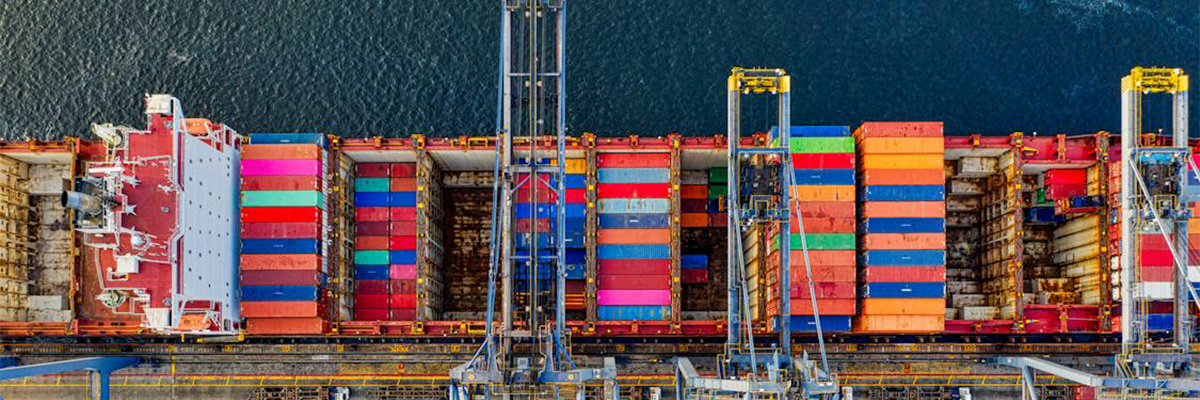
International trade plays a significant role in the global economy. However, its environmental impacts can also be substantial. Sustainable international trade practices are vital for supporting economic growth while protecting our planet. Here is a comprehensive guide to eco-friendly export and import strategies.
Sustainability and International Trade
Sustainability not only protects the environment but also supports long-term business success. Eco-friendly practices enhance brand image and respond to consumer demands. Moreover, sustainable practices can increase operational efficiency and reduce costs.
Selection of Eco-Friendly Products
One of the fundamental steps in sustainable international trade is the selection of environmentally sensitive products. This can include products made from renewable materials, those with a low carbon footprint, or long-lasting products. Reducing the environmental impact of products by applying sustainability standards across the entire supply chain is crucial.
Green Logistics
Green logistics aims to reduce environmental impact during the storage, packaging, and transportation of products. Prioritizing energy-efficient modes of transport can significantly reduce carbon emissions. Additionally, using reusable packaging materials and optimizing transportation routes through efficiency are key components of green logistics strategies.
Reducing Carbon Footprint
The carbon footprint is an important indicator of the environmental impact of international trade. Businesses should explore ways to reduce carbon emissions and invest in renewable energy sources. Carbon offsetting and sustainable energy certificates are among the methods to balance the carbon footprint.
Sustainable Supply Chain Management
Sustainable supply chain management aims to minimize environmental impacts at every stage, from producer to consumer. Collaborating with suppliers to raise environmental standards is an essential part of a sustainable supply chain.
Sustainable international trade practices, through eco-friendly export and import strategies, enable businesses to promote economic growth and protect our planet. This approach is part of our responsibility to leave a better world for future generations.















